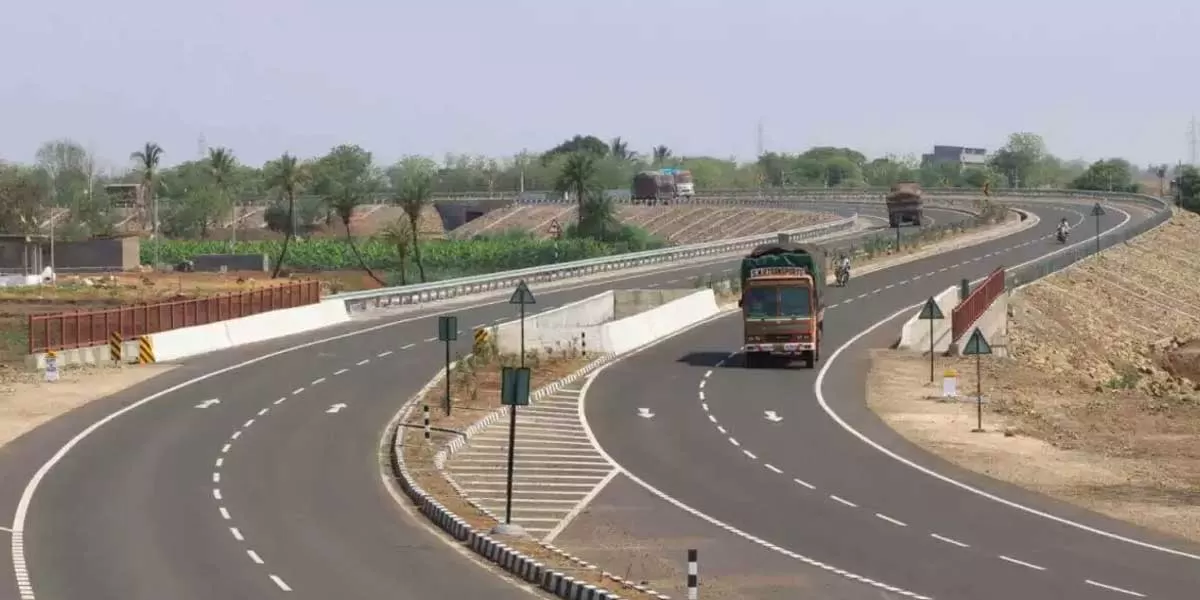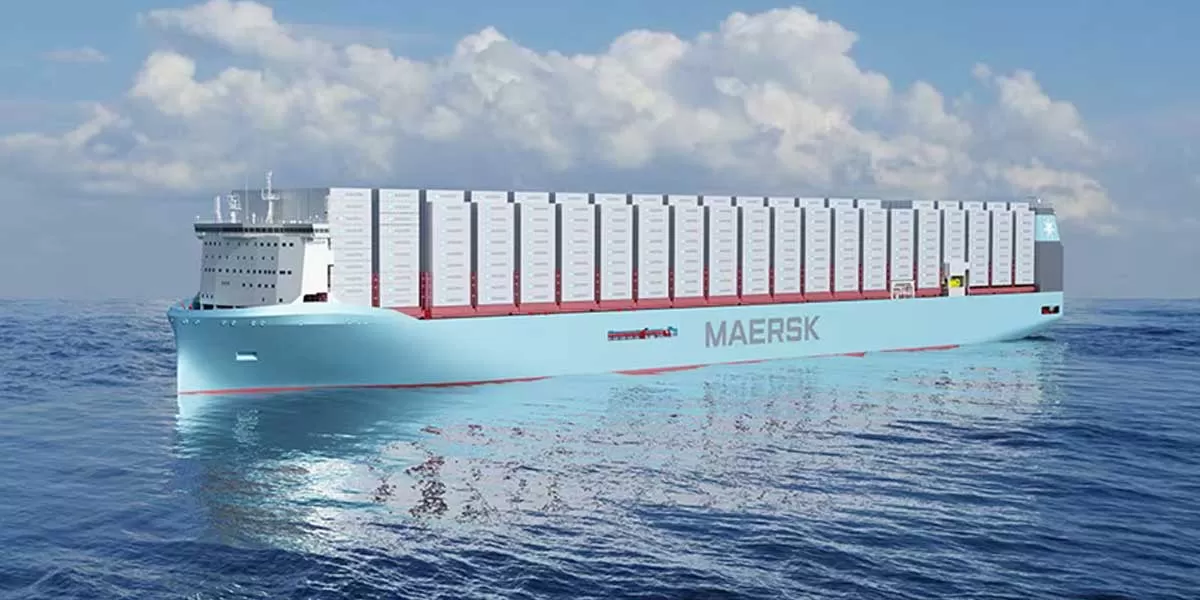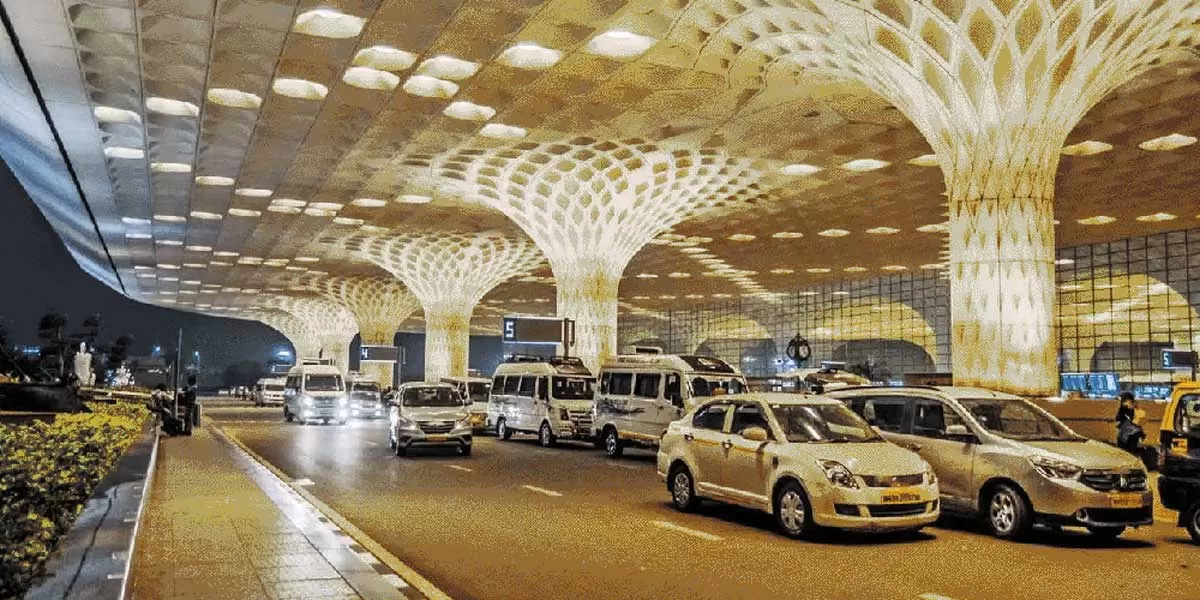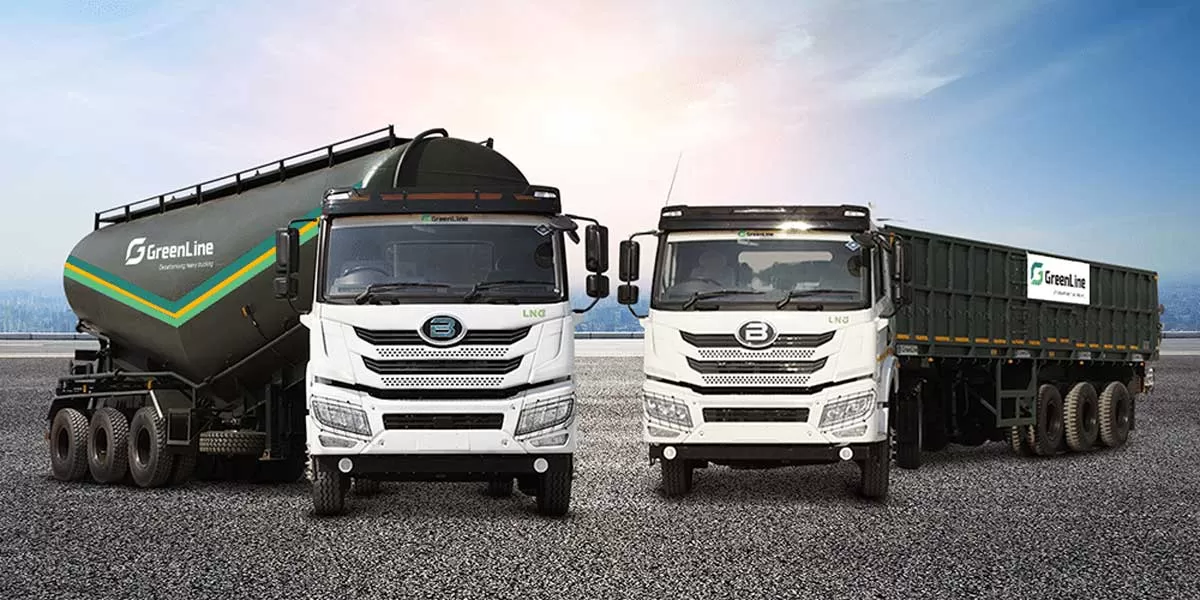
The government is planning for specific two-wheeler lanes
Redefine the future of urban mobility! Join us at the Metro Rail Conference 2025 to explore groundbreaking ideas and insights. 👉 Register today!

Maersk and Hapag-Lloyd Remain Cautious About Red Sea Operations
Global shipping leaders Maersk and Hapag-Lloyd have stated they do not plan an immediate return to the Red Sea, despite the ceasefire between Hamas and Israel. Both companies emphasized they are monitoring developments to assess safety before resuming operations.Hapag-Lloyd noted that while a ceasefire is in place, risks from Yemen-based Houthi militants remain, with previous warnings suggesting that re-establishing routes through the region could take four to six weeks. Maersk echoed similar sentiments, stating it is ""too early to speculate about timing."Middle East disruptions have forced v..

Mumbai Airport Records 6.3% Growth in Passenger Traffic in 2024
Mumbai International Airport Ltd (MIAL) reported a 6.3 percent rise in passenger traffic, reaching 5.48 crore in 2024, compared to 5.16 crore in 2023. The airport also recorded 3,46,617 air traffic movements (ATMs), marking a 3.2 per cent increase over the previous year.December emerged as the busiest month, with 50.5 lakh passengers, showing a 3.4 per cent growth. The airport handled its highest single-day passenger movement on December 21, with 1.7 lakh travellers—1,16,982 domestic and 52,800 international.Additionally, Chhatrapati Shivaji Maharaj International Airport (CSMIA) achieved a r..

GreenLine and Mondelez Launch LNG Trucks for Sustainable Logistics
GreenLine Mobility Solutions Ltd, part of Essar's Green Mobility initiative, has joined forces with Mondelez International (India) to introduce LNG-powered trucks for sustainable product transportation. This collaboration, launched at Mondelez's Alwar facility in Rajasthan, aligns with the company's sustainability goals and ESG commitments, aiming to cut carbon emissions and enhance supply chain efficiency.GreenLine's LNG trucks, which have already reduced 8,519 tonnes of carbon emissions, provide a cleaner alternative to diesel vehicles by significantly lowering greenhouse gas emissions. Anan..
















